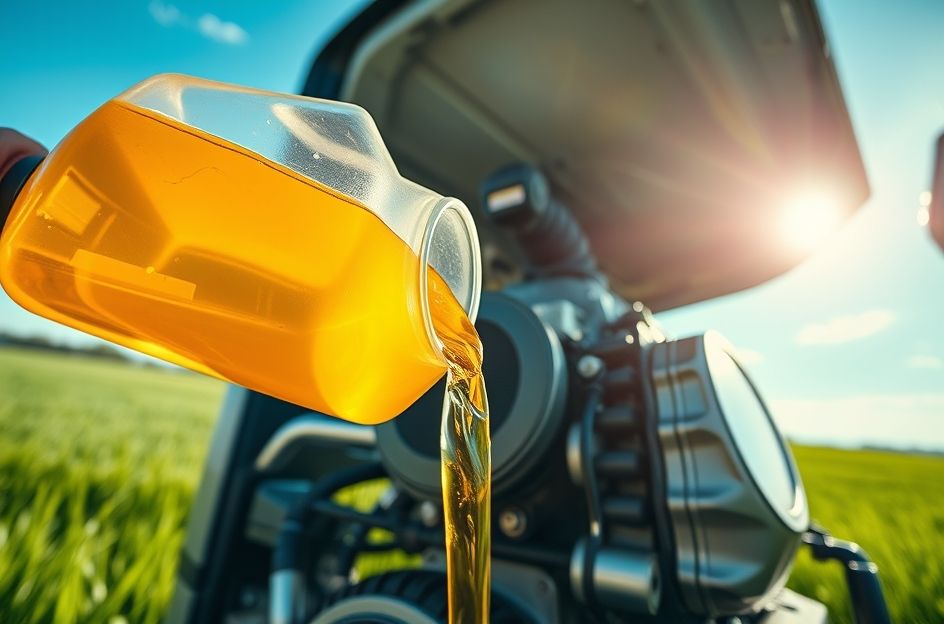With rising gas prices and growing environmental awareness, biodiesel fuel is rapidly gaining popularity as a viable alternative to traditional petroleum diesel. But what exactly is biodiesel, and is it the right choice for you?
Biodiesel is a renewable fuel derived from vegetable oils, animal fats, or recycled greases. These sources are processed to create a fuel that can be used in most diesel engines, often without requiring significant modifications. Unlike petroleum diesel, biodiesel is biodegradable and produces fewer harmful emissions.
The term “biodiesel” encompasses a range of ester-based, oxygenated fuels. Soybean oil is a common source, but other vegetable oils and animal fats can also be used. While some enthusiasts attempt to make biodiesel at home, this process requires specialized knowledge and equipment to ensure safety and fuel quality.
One of the key advantages of biodiesel is its compatibility with existing diesel engines. In many cases, vehicles can run on biodiesel or biodiesel blends without any costly modifications. This can lead to significant savings, but it’s essential to conduct thorough research before using or producing biodiesel.
For those interested in producing their own biodiesel, kits are available that provide the necessary tools and equipment. These kits often include features such as heating devices, thermostats, and specialized hoses designed to withstand the properties of the oils involved. Some kits also incorporate water heater processors to recover excess methanol, further reducing production costs.
The price of biodiesel kits can vary considerably, so it’s crucial to carefully evaluate the pros and cons before making a purchase. Additionally, it’s important to verify that your vehicle is compatible with biodiesel and that its manufacturer approves its use. Check your warranty to ensure that using biodiesel won’t void your coverage. Consulting your car maker is essential to confirm biodiesel compatibility and warranty coverage.
